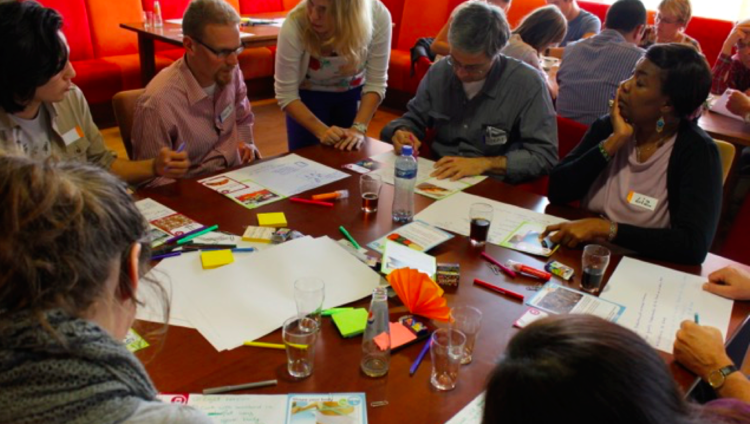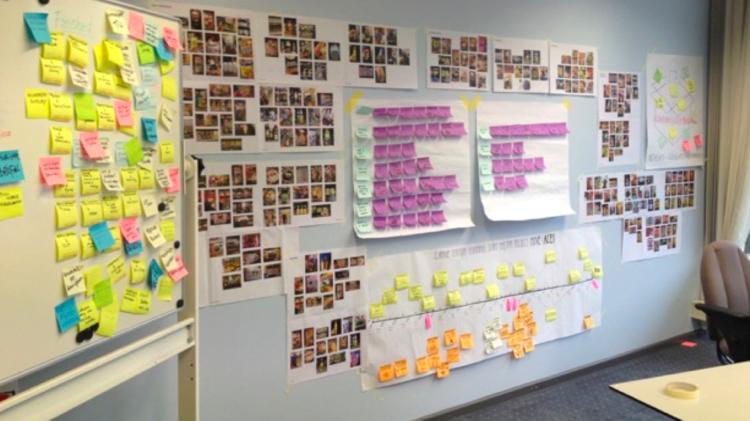Unilever: Disruptive Innovation
ongoing
The existing Unilever-approach to innovation is impressive, illustrated by their worldwide competitive position. However, in 2012 the company felt that there was room for improvement related to the early stages of product innovation. There was a specific need for more disruptive innovations, translating Unilever’s scientific discoveries into innovative new products.


The challenge Unilever seems to face is that their innovation process has become too predictable over the years. Innovation as a pure construct is associated with a certain degree of unpredictability – adventurous, disruptive innovation. Within the current organisation, these disruptive innovations don’t make it through the decisions gates of the existing funnel containing all criteria. Unilever formulated the need to make room for this type of disruptive innovation without affecting the existing successful development process.
Teams of mixed MSc-students from the course In-house Design Team are involved in this project. Each team is challenged with a specific assignment, such as developing a new form of oral care. They then have to study the market, consider the users, examine the possibilities for innovation and ultimately create a prototype. The teams work from within Unilever but are unimpeded by the frameworks of the existing stage gate. They are free to make decisions intuitively. Partly for this reason their ideas might not directly translate into new Unilever products. However, they do have a disruptive capacity that will require entrepreneurial behavior for implementation.